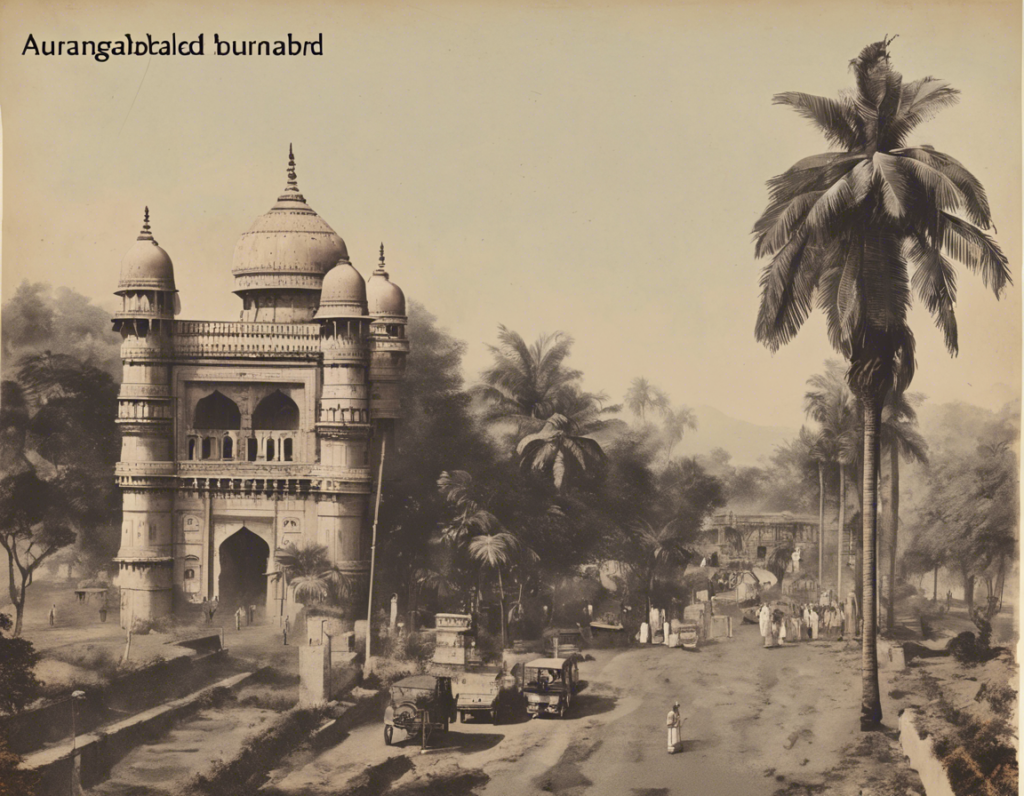In a move that has sparked both controversy and curiosity, the city of Aurangabad, located in the state of Maharashtra in India, has been at the center of a debate regarding changing its name. The proposal to rename Aurangabad to Sambhaji Nagar has raised questions on the significance and impact of changing a city’s name. This article delves into the various aspects of the Aurangabad name change, exploring the historical, cultural, political, and practical implications of such a decision.
Historical Context
Aurangabad, originally known as Khadki, was founded by Malik Ambar, the Prime Minister of the Mughal Empire, in the early 17th century. The city later served as the capital of the Mughal Deccan province under Aurangzeb, the sixth Mughal emperor. The historical significance of the name Aurangabad is linked to Emperor Aurangzeb, who ruled a vast empire encompassing a diverse cultural and religious landscape.
Cultural Identity
Proponents of the name change argue that renaming the city to Sambhaji Nagar would honor Chhatrapati Sambhaji Maharaj, the son of the revered Maratha warrior king Shivaji. This change, they claim, would reflect the Maratha cultural heritage and pride associated with the region. Identity and belonging are deeply intertwined with the names of places, and a change in nomenclature can impact the cultural narrative of a city.
Political Motivations
The proposal to rename Aurangabad has sparked political debates and divisions. Different parties and interest groups have varying perspectives on the issue, with some viewing it as a symbol of asserting cultural identity and others criticizing it as a move to rewrite history for political gains. Political motivations often drive decisions regarding name changes, as they can be wielded as tools to shape public discourse and mobilize support.
Administrative Challenges
While the emotional and symbolic aspects of changing a city’s name are significant, there are also practical implications to consider. Renaming a city involves updating administrative records, signages, official documents, and various logistical processes. The costs associated with such a change, including the rebranding of public infrastructure and services, need to be taken into account.
Public Opinion and Backlash
The proposal to rename Aurangabad has led to polarized reactions from the public. While some welcome the idea as a means of acknowledging and celebrating the historical figures associated with the region, others view it as a divisive and unnecessary endeavor. Public opinion plays a crucial role in shaping the discourse around name changes, highlighting the complexities of identity, symbolism, and heritage.
Legal Implications
From a legal perspective, changing the name of a city requires official procedures and approvals. The process may involve amendments to existing laws, consultations with stakeholders, and adherence to constitutional provisions. Ensuring that the renaming process is legally sound is essential to prevent potential challenges or disputes in the future.
Economic Considerations
Apart from the logistical challenges, there are economic considerations involved in renaming a city. The rebranding process can have ripple effects on businesses, tourism, real estate, and overall economic activities. Evaluating the economic impact of a name change is critical for assessing the feasibility and sustainability of such a decision.
Social Cohesion
The debate over renaming Aurangabad underscores broader questions of social cohesion and inclusivity. How do name changes affect community relations, perceptions of identity, and collective memory? Balancing the diverse interests and narratives within a city is essential for fostering unity and understanding amidst differing viewpoints.
Environmental Impact
While it may seem unrelated, a city’s name change can also have environmental implications. Updating maps, digital platforms, and geographical databases with the new name of the city contributes to reducing inconsistencies in data and enhancing accuracy in environmental planning and management.
Frequently Asked Questions (FAQs)
-
Why is there a proposal to change the name of Aurangabad to Sambhaji Nagar?
The proposal aims to honor Chhatrapati Sambhaji Maharaj and emphasize Maratha cultural heritage. -
What are the historical roots of the name Aurangabad?
Aurangabad was named after Emperor Aurangzeb, who had historical connections to the region. -
What are the challenges involved in administratively changing a city’s name?
Updating official records, signages, and documents, as well as associated costs, are key challenges. -
How does public opinion influence the discourse on renaming cities?
Public opinion reflects diverse perspectives on identity, history, and cultural representation. -
What legal processes are involved in renaming a city?
Legal procedures, consultations, and adherence to constitutional provisions are essential in the renaming process.
In conclusion, the debate surrounding the proposal to change Aurangabad’s name reflects complex intersections of history, culture, politics, and identity. The decision to rename a city carries implications that resonate far beyond mere symbolism, touching upon issues of heritage, unity, governance, and representation. Understanding the multifaceted nature of name changes is crucial in navigating the dynamics of heritage preservation and contemporary identity in an ever-evolving society.
